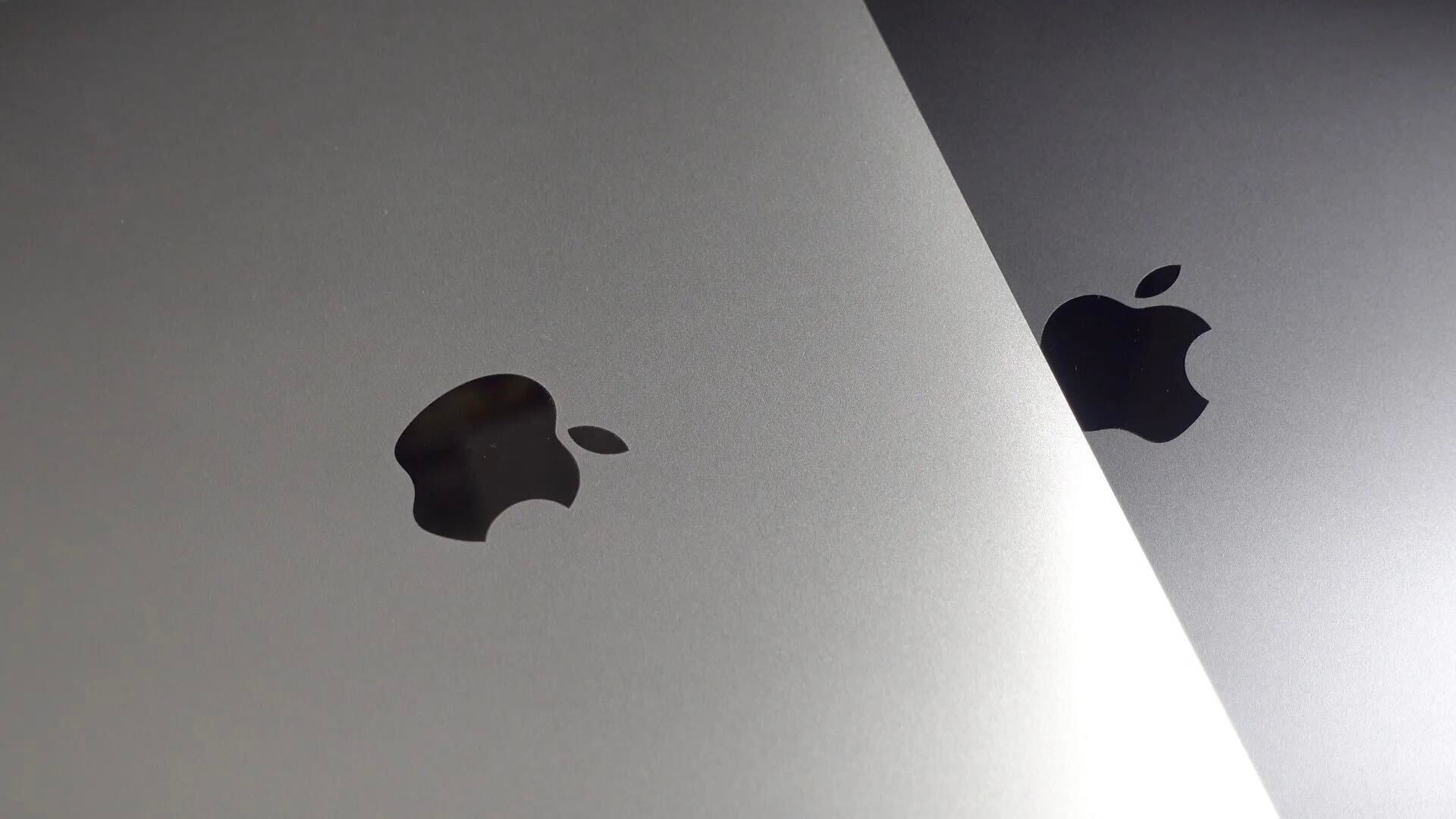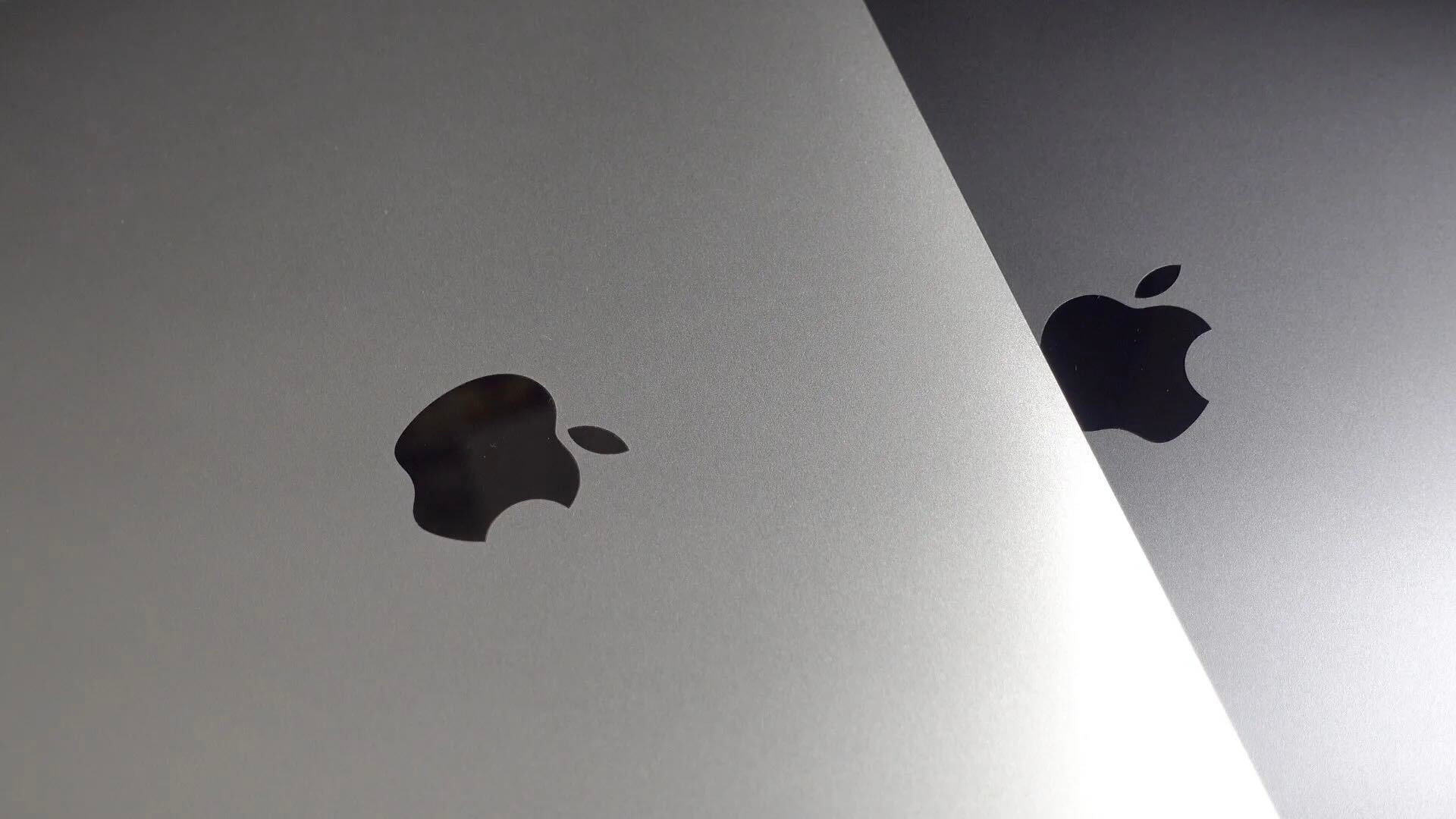
Carriers have started rolling out faster LTE-Advanced networks, also known as LTE-A and LTE+. If today’s rumor is correct, the iPhone 6 will be able to take advantage of these faster networks, but will top out at 150Mbps rather than the maximum 300Mbps supported by LTE-A.
GforGames is citing a Geekbar post, suggests that the LTE modem in the iPhone 6 will be the Qualcomm MDM9625, which supports LTE-A but only up to 150Mbps.
To put the speeds into perspective, the LTE modem used in the iPhone 5s and 5c tops out at 100Mbps, so we’d see a 50 percent increase in speed rather than a 200 percent one.
It should be noted that the source of the rumor is the same one which yesterday got its NAND and its DRAM confused, and has a record of mixed reliability. However, it wouldn’t be a surprising decision by Apple. LTE-A is at a very early stage, with limited network roll-out and only a few handsets supporting it. Apple generally prefers to wait for a technology to mature before adopting it.
We shouldn’t have long to wait to find out, with Apple expected to officially launch the iPhone 6 at a media event on 9th September.
Recent claimed leaked parts appear to show tapered edges on the display panel and the power button moved from the top to the side of the phone; a raised camera cutout; a single, circular True Tone flash; and the logic board assembly – with far fewer leaks for the 5.5-inch model, perhaps lending weight to rumors that it will go on sale later than the 4.7-inch one.





